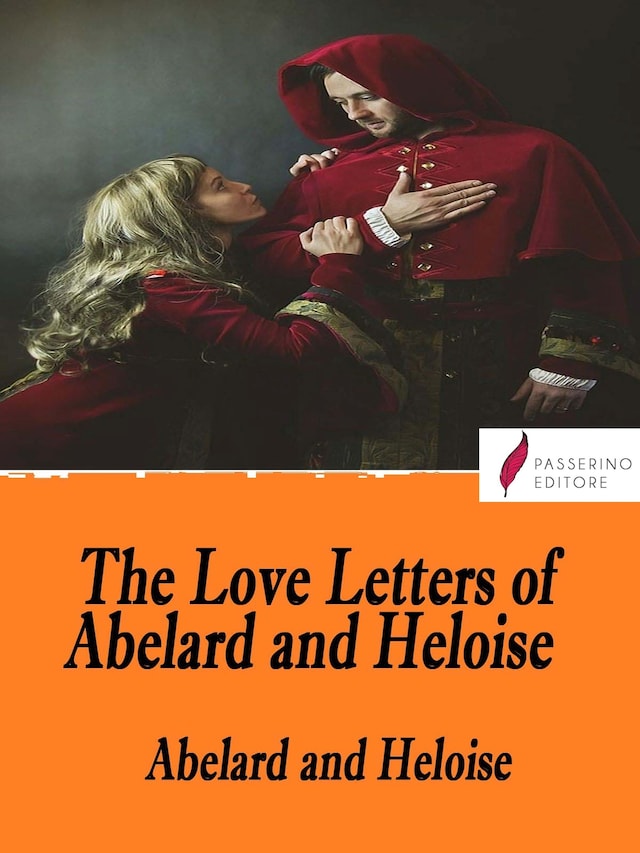
The Love Letters of Abelard and Heloise
Buchbeschreibung
It sometimes happens that Love is little esteemed by those who choose rather to think of other affairs, and in requital He strongly manifests His power in unthought ways. Need is to think of Abelard and Heloise: how now his treatises and works are memories only, and how the love of her (who in lifetime received little comfort therefor) has been crowned with the violet crown of Grecian Sappho and the homage of all lovers. The world itself was learning a new love when these two met; was beginning to heed the quiet call of the spirit of the Renaissance, which, at its consummation, brought forth the glories of the Quattrocento.
It was among the stone-walled, rose-covered gardens and clustered homes of ecclesiastics, who served the ancient Roman builded pile of Notre Dame, that Abelard found Heloise. From his noble father's home in Brittany, Abelard, gifted and ambitious, came to study with William of Champeaux in Paris. His advancement was rapid, and time brought him the acknowledged leadership of the Philosophic School of the city, a prestige which received added lustre from his controversies with his later instructor in theology, Anselm of Laon.
His career at this time was brilliant. Adulation and flattery, added to the respect given his great and genuine ability, made sweet a life which we can imagine was in most respects to his liking. Among the students who flocked to him came the beautiful maiden, Heloise, to learn of philosophy. Her uncle Fulbert, living in retired ease near Notre Dame, offered in exchange for such instruction both bed and board; and Abelard, having already seen and resolved to win her, undertook the contract. Many quiet hours these two spent on the green, river-watered isle, studying old philosophies, and Time, swift and silent as the Seine, sped on, until when days had changed to months they became aware of the deeper knowledge of Love.
Peter Abelard (1079 –1142) was a medieval French scholastic philosopher, leading logician, theologian, teacher, musician, composer, and poet. In philosophy he is celebrated for his logical solution to the problem of universals via nominalism and conceptualism and his pioneering of intent in ethics. Often referred to as the “Descartes of the twelfth century”, he is considered a forerunner of Rousseau, Kant, and Spinoza. He is sometimes credited as a chief forerunner of modern empiricism.
 Peter Abelard
Peter Abelard 70 Seiten
70 Seiten